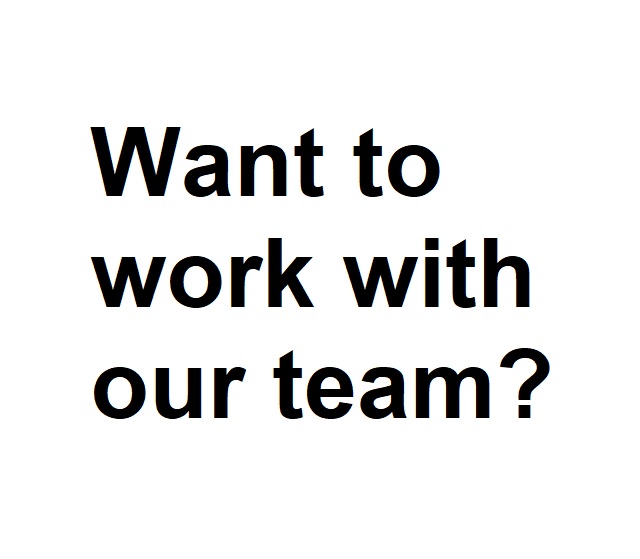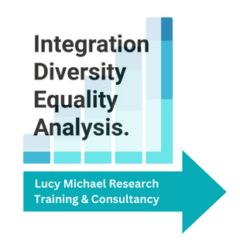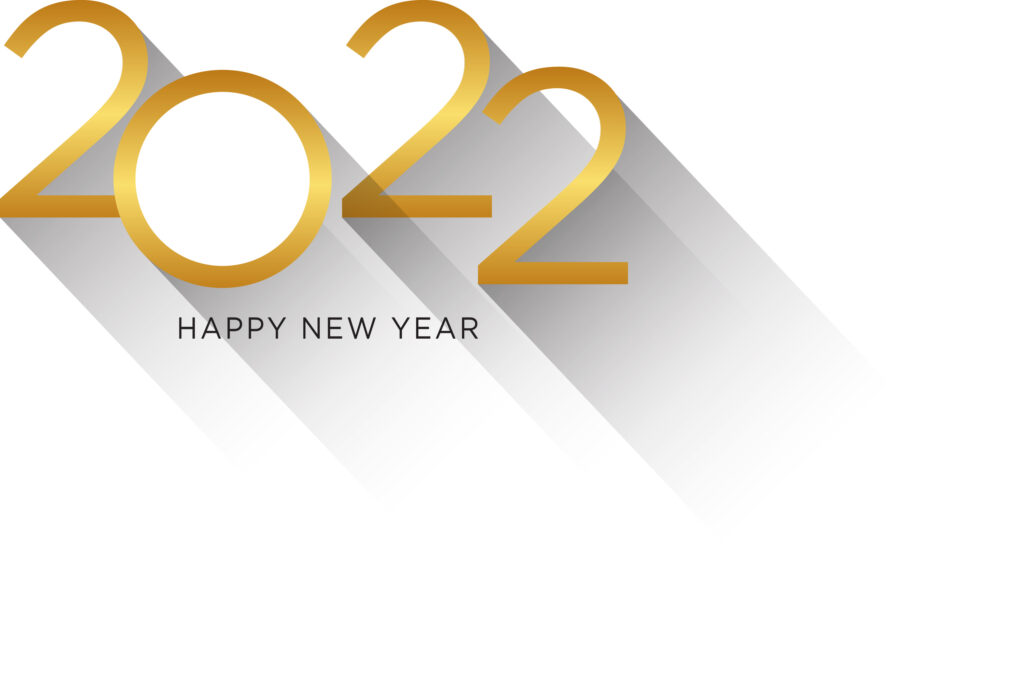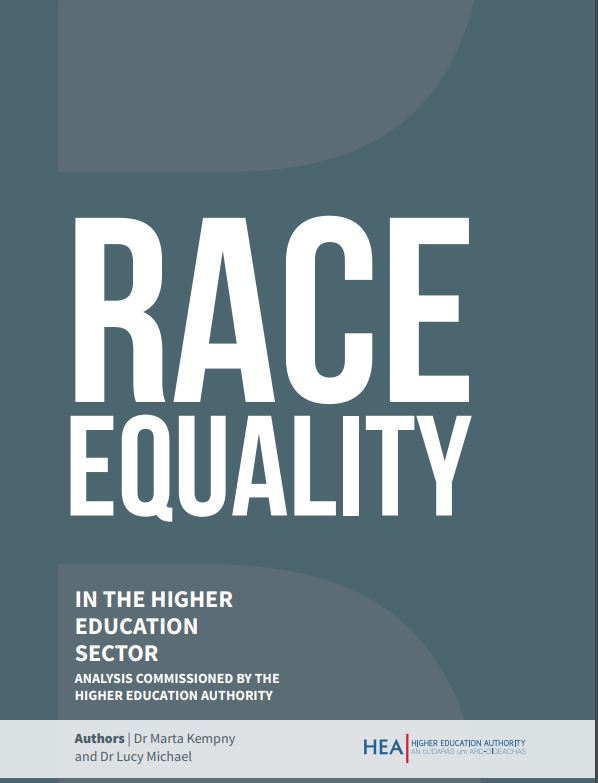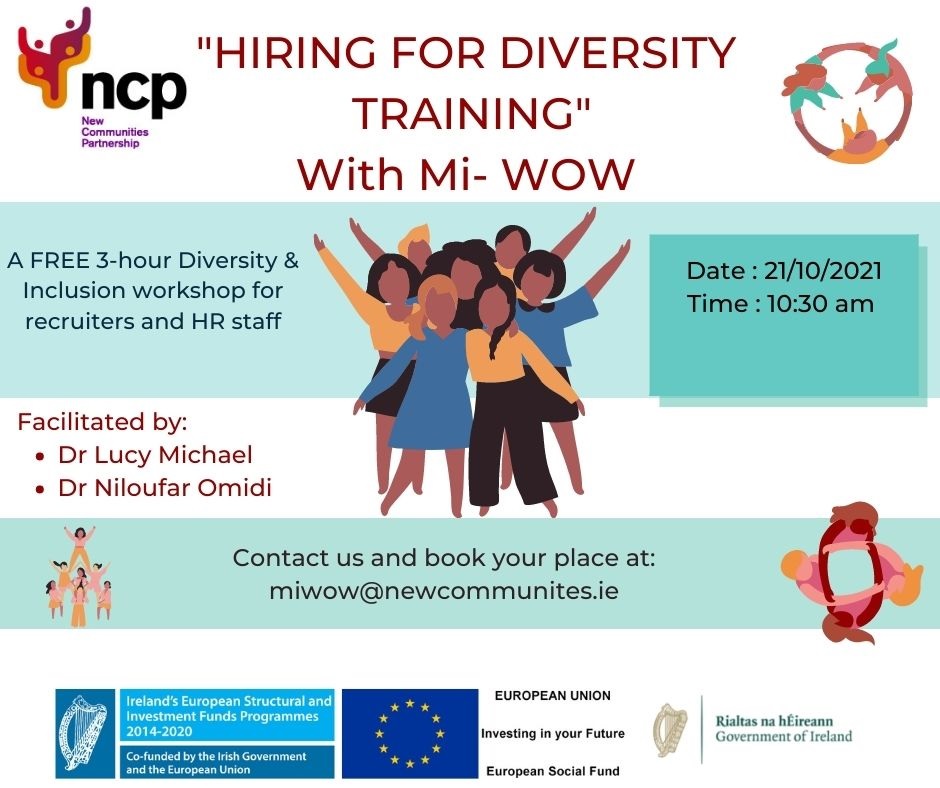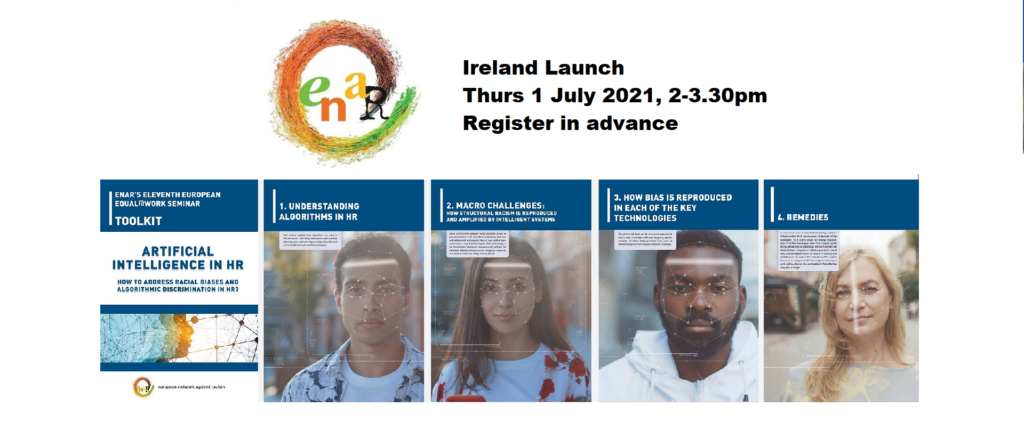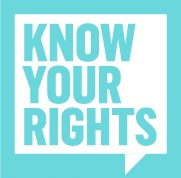Recently, we commented on the latest IPSOS Global Trends 2021 study, in which researchers posed the folowing statement to members of the Irish public “There are too many immigrants in my country”. Such statements in research surveys are a common way of establishing attitudes amongst the wider public towards migrants. There are, however, some implications of these questions which have to be considered in their interpretation.
Firstly, it is helpful to point out that the statements themselves can be reproduced quite problematically in the media on the publication of such survey results. I found Sorcha Pollak’s approach very welcome in her discussion of these results and I’m grateful for her efforts to interrogate them.
https://www.irishtimes.com/life-and-style/people/not-everyone-shares-the-ireland-of-the-welcomes-sentiment-1.4726234
Who is ‘an immigrant’? As Dr Amanullah DeSondy points out to Sorcha Pollak in this Irish Times article, participants often jump straight to thinking about “a black or brown person” when they think of migrants. So is it problematic that the survey does not ask a person to think of ‘all’ migrants? Given that we commonly have an idea of who is being talked about as ‘immigrants’ in political discourse, or in the chat in the parents group on WhatsApp or down the local pub, it is sensible that the survey seeks to capture exactly that sentiment in the research itself. The presentation of the results, however, leaves something to be desired if it does not address that point. Immigrants from the USA, UK, Australia or New Zealand are rarely complained about in the way that migrants from other countries are.
Far-right political groups (and often some mainstream groups using racism to get elected) point to the supposed drain on public services such as education, health or housing that immigrants produce. The framing of this is key – immigrants ‘drain’, while citizens ‘use’. Public services which are under pressure for other reasons (e.g. a housing crisis) are often the targets of anti-immigrant sentiment. That was evident in emergence of housing protests in Mulhuddart recently, despite County Council assurances that there was no ‘queue-jumping’ by migrants on the housing list. ‘Houses for the Irish’ has been an increasingly heard sentiment here during the housing crisis, as ‘Jobs for the Irish’ was popular during the recession post-2009. The framing of these issues in anti-immigrant sentiment is not only by far-right groups. The motivation for the Citizenship referendum of 2004 came directly from Government, not from the public. During the recession, Government made calls on immigrants to ‘go home’, ignoring that many had made Ireland their home in previous decades with all the intimate connections and long-term investments that this entails.
Attempts in anti-racism campaigns (particularly ‘myth-busting’) to point to the contributions made by migrants to a society have mixed efficacy, since myths about immigration are often adopted as beliefs along with emotional resonance with the issue.
Extreme views on immigration have tended to be relatively consistently captured in public attitude surveys. It is rare in the last decade to see extreme views at more than 10% of any survey on immigration (usually tipping about 6-7% in Europe). These appear to be relatively unaffected by fluctuations in the middle ground.
But there are key moments when public sentiment changes significantly in the middle ground, and surveys can capture that. We noted for example that in the Northern Ireland Life and Times Survey results after the 2016 Brexit vote, sentiment towards migrants was much more positive, even in the context of public services under pressure. This followed widespread discussion of the need for migrants in the workforce in media across the range of political viewpoints. Sentiments can also be changed by conditions outside a country’s own policies – in Ireland, for example, half of tabloids sold daily are UK-owned and contain high levels of anti-immigrant sentiment. American-influenced anti-immigrant sentiment is increasingly evident in Irish online forums since 2016, when Trump was elected in the USA.
Another statement put to participants in the IPSOS Global Trends survey which is useful is “people from different backgrounds and ethnic minorities in my country are treated fairly”. This statement, in its broad assertion, captures a range of experiences, which might include hate speech or racist incidents, but also state racisms, which are rarely captured elsewhere. Just 46 per cent of Irish people agreed with the statement this year.
Frequently, the public is ahead of Government on positive sentiment towards immigrants. We have seen that repeatedly in Ireland in recent years, as public campaigns for increased refugee reception and improved conditions for asylum seekers and undocumented migrants have proved popular and effective. The 81 per cent of Irish people who agreed that “my local area is a place where people from different backgrounds get on well together” (compared with just 65 per cent in Germany) reflects other research we have conducted recently that shows white Irish and ethnic minorities mix well in local communities, despite a historically laissez-faire approach by Government to integration.
Crude as they may be, Government look to surveys like the IPSOS Global Trends survey for consistent feedback on their position regarding immigration. Interrogating the utility of the questions posed, and how the results can be interpreted, is a crucial part of informing Goverment or civil society action that might follow.
